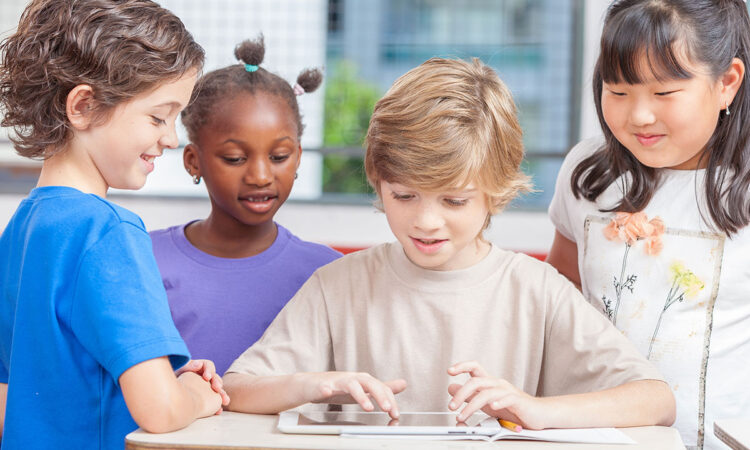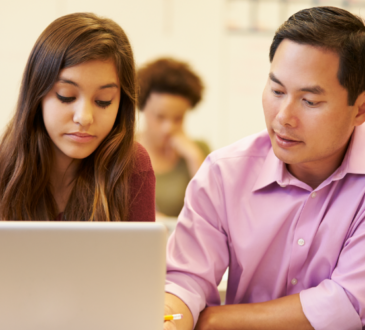Hind Louali French School of Austin Discusses the Importance of Social-Emotional Learning (SEL)

Social-emotional learning (SEL) is a teaching style suited to all ages. It allows students to gain a better understanding of their emotions, feel them completely and show empathy for other people. The team of Hind Louali French School of Austin mentions that SEL is meant to guide students towards making positive, responsible decisions. It can also help them to establish strategies for achieving their goals and form positive connections with others.
Hind Louali French School of Austin underlines the importance of SEL
All educators strive to help students to become more knowledgeable, responsible and caring. However, in the current times, young people face unparalleled demands in their everyday lives. Trying to achieve good grades at school, make the right decisions about social and health practices, understand and appreciate others, and resist negative influences both online and offline, would be a lot to manage. Beyond this, young people are also expected to contribute to their family and community. Managing all these demands can be made easier for social-emotional learning.
The key goal of SEL is to improve the capacity of a student to establish and maintain healthy relationship, with the development of a positive, safe and mutually beneficial environment. Skills around managing emotions and building relationships go a long way in improving the ability of a person to learn and grow. SEL implies to the journey a young person embarks on in order to understand their own self, show empathy, manage their behavior and regulate their emotions. SEL can be a way to uplift student voice and promote agency and civic engagement. Social emotional learning can be pivotal to building competencies and skills that allow individuals to make meaningful contributions to their schools, careers, families, relationships, and multicultural communities.
Developing emotional intelligence through social emotional learning helps individuals to effectively understand and manage their emotions. This includes recognizing and expressing emotions in a healthy manner, coping with stress and anxiety, and building resilience in the face of adversity. SEL programs often equip students with the tools and strategies they need in order to capably navigate their emotional experiences. This can lead to improved mental health outcomes and overall well-being.
Social-emotional learning tends to foster the development of positive relationships among students, educators, and the broader community. By effectively nurturing skills like communication, empathy, and conflict resolution, SEL helps empower people to develop meaningful connections, resolve conflicts peacefully, and collaborate in a productive manner. These interpersonal skills are essential in school and beyond, including family, work, and social settings.
The team of Hind Louali French School of Austin underlines that social-emotional learning can cultivate social awareness by promoting understanding and respect for diverse perspectives, cultures, and backgrounds. SEL programs often encourage empathy, perspective-taking, and inclusion, which allow individuals to develop a deeper appreciation for diversity and learn to value and celebrate differences. This can foster a more inclusive and empathetic environment. SEL ultimately empowers individuals to navigate a variety of real-world challenges in a positive manner, make informed choices, as well as lead fulfilling and meaningful lives.




